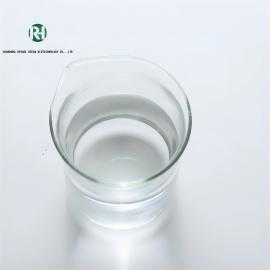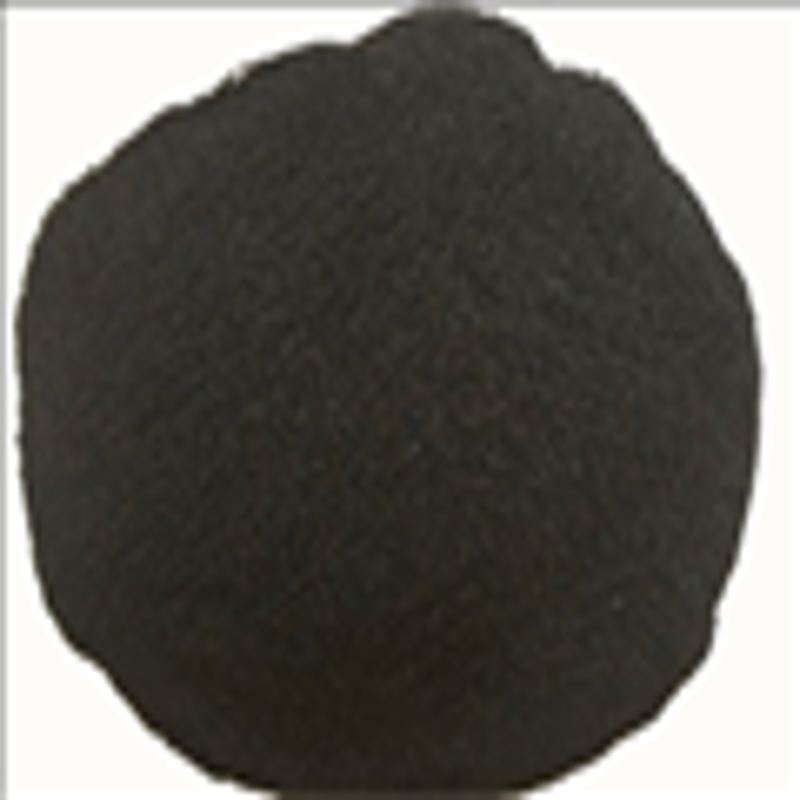-
Categories
-
Pharmaceutical Intermediates
-
Active Pharmaceutical Ingredients
-
Food Additives
- Industrial Coatings
- Agrochemicals
- Dyes and Pigments
- Surfactant
- Flavors and Fragrances
- Chemical Reagents
- Catalyst and Auxiliary
- Natural Products
- Inorganic Chemistry
-
Organic Chemistry
-
Biochemical Engineering
- Analytical Chemistry
- Cosmetic Ingredient
-
Pharmaceutical Intermediates
Promotion
ECHEMI Mall
Wholesale
Weekly Price
Exhibition
News
-
Trade Service
Obesity is a major public health problem that threatens the health of people in our country and even the world
Among them, Professor Li Duo from the Institute of Nutrition and Health of Qingdao University gave a wonderful sharing on the topic of "Exploring a Nutritional Weight Loss Diet Model Suitable for Chinese People"
Low-carb diet means health? not necessarily!
1.
A low-carbon diet ≠ A low carb diet.
Low-carb diet
Refers to the life>
Low carbohydrate diet
Usually refers to a diet that restricts carbohydrate intake, which includes the Atkins diet, the ketogenic diet, and so on
2.
The Atkins diet refers to a diet that reduces the intake of carbohydrates and consumes as much protein and fat as possible
3.
The ketogenic diet refers to a diet that consumes a high proportion of fat, a low proportion of carbohydrates, an appropriate amount of protein and other nutrients
Figure 1 Summary of the therapeutic effect of ketogenic diet on drug-ineffective epilepsy
The Cochrane Library has included a review on the therapeutic effects of ketogenic diets on drug-ineffective epilepsy [2].
A dietary pattern suitable for healthy people in my country
In recent years, Professor Li Duo’s team conducted a study on this topic [3], from April 30, 2016 to October 30, 2016.
Group 1.
Group 2.
Group 3.
High-fat diet (n = 101): High-fat, low-carbohydrate diet (fat and carbohydrate contribute 40% and 46% of energy, respectively)
.
During the test, the total energy of the three groups was the same
.
The subjects were required to consume only the food provided during the entire trial period and avoid excessive or strenuous exercise
.
Six months later, Professor Li's team found that the weight loss of the low-fat and high-carbohydrate group was significantly greater than that of the other two groups (P <0.
001)
.
The average weight changes of the three groups were −1.
6 kg, −1.
1 kg, and −0.
9 kg respectively, and the waist circumference changes of subjects in the low-fat and high-carbohydrate groups were also the most obvious
.
Figure 2 Professor Li Duo made a report at the COC 2021 conference-the curve of body weight and waist circumference over time between the three groups of diets
Low-fat, high-carbohydrate diet (LF-HC Diet), indicated by the purple line in the figure;
Medium fat, medium carbohydrate diet (MF-MC Diet), indicated by the red line in the figure;
High-fat, low-carbohydrate diet (HF-LC Diet), indicated by the yellow line in the figure
.
In addition, the low-density lipoprotein concentration of subjects in the low-fat, high-carbohydrate group also decreased most significantly (figure)
.
Figure 3 Curves of cholesterol, lipoprotein, and apolipoprotein among the three groups of diets over time
The results of most studies on European and American populations show that restricting carbohydrate intake can bring significant benefits, but this conclusion may not be suitable for other races, let alone the Chinese population
.
For Chinese adults, a low-fat and relatively high carbohydrate diet will not cause weight gain when the three groups of energy intake are equal.
Compared with the typical Western dietary pattern, the cardiometabolic effect caused by this dietary structure The risk is lower
.
Professor Li pointed out: "As the saying goes, one side of water and soil raises one side of the population.
This kind of dietary structure suitable for Chinese residents is exactly similar to the traditional Chinese dietary structure, but the combination of nutrients still needs some adjustment
.
In fact, the dietary structure of each region is different.
There is a scientific meaning behind what is formed
.
"
The same study was also published in Gut[4] in 2019, and this article focuses more on the influence of dietary structure on the level of inflammation in the body of Chinese people
.
Figure 4 Study on the effect of dietary structure on the level of inflammation in Chinese people
The article pointed out that low-carbohydrate, high-fat diet can increase the plasma concentration of various pro-inflammatory factors, which may cause adverse health effects in the long run
.
Figure 5 Low-carbohydrate, high-fat diet can increase the plasma concentration of various pro-inflammatory factors
Professor Li Duo once again emphasized that, contrary to certain concepts of high-fat and low-carb diets, restricting relatively high-fat intake is very important for maintaining the health of the Chinese people
.
summary
Compared with Western dietary patterns, if Chinese residents want to maintain a healthy weight and prevent cardiometabolic diseases, it is more suitable for the traditional Chinese diet, that is, low-fat, relatively high carbohydrate diet, coupled with balanced nutrients.
Instead of blindly following the results of individual studies on obese people in European and American countries
.
Although the results of some European and American populations have shown that restricting carbohydrates is beneficial, this conclusion is probably not suitable for generalization to other races, at least not suitable for healthy people in China
.
Expert profile
Professor Li Duo
Chief Professor, Executive Deputy Dean, and Doctoral Supervisor of the Institute of Nutrition and Health, Qingdao University
Executive Director of Chinese Nutrition Society
Chairman of the Food and Culinary Nutrition Branch of the Chinese Nutrition Society
references:
[1] http:// Kirsty J Martin-McGill, Cerian F Jackson, Rebecca Bresnahan, et al.
Ketogenic diets for drug-resistant epilepsy.
Cochrane Database Syst Rev.
2018 Nov 7;11(11):CD001903.
doi: 10.
1002/14651858.
CD001903 .
pub4.
[3] Yi Wan, Fenglei Wang, Jihong Yuan,et al.
Effects of Macronutrient Distribution on Weight and Related Cardiometabolic Profile in Healthy Non-Obese Chinese: A 6-month, Randomized Controlled-Feeding Trial.
EBioMedicine.
2017 Aug;22: 200-207.
DOI: 10.
1016/j.
ebiom.
2017.
06.
017.
[4] Yi Wan,Fenglei Wang,Jihong Yuan,et al.
Effects of dietary fat on gut microbiota and faecal metabolites, and their relationship with cardiometabolic risk factors: a 6-month randomised controlled-feeding trial.
Gut.
2019 Aug;68 (8):1417-1429.
doi: 10.
1136/gutjnl-2018-317609.







